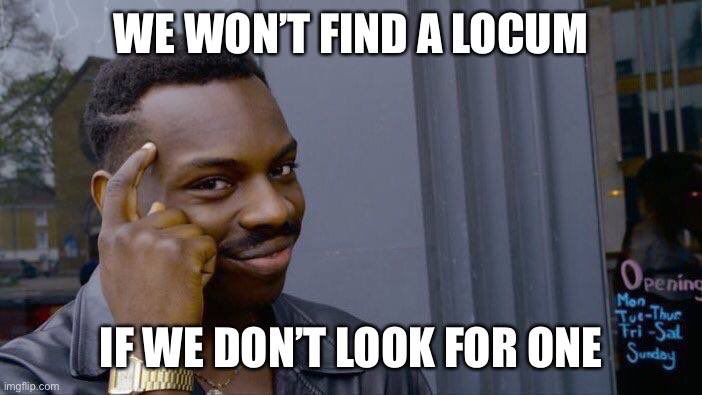
20,924 reported #pharmacy closures in a year. Most common reported reason: “locum could not be found”.
Was the locum hiding somewhere, in a bizarre game of hide and seek?
Or couldn’t they find a locum *willing to work in the conditions on offer*?
Did they try to find a locum?
1/
Was the locum hiding somewhere, in a bizarre game of hide and seek?
Or couldn’t they find a locum *willing to work in the conditions on offer*?
Did they try to find a locum?
1/
https://twitter.com/ChemistDruggist/status/1591161342152814593

In no cases was the reported reason “it would have cost more for a locum in a free market than we wanted to pay” or “unable to find a pharmacist willing to work in the conditions in the pharmacy”. The reported reasons don’t tell the whole story.
2/
2/
Based on the C&D article, there appear to be 5,665 closures for which no reason is listed. (20924-10637-2891-811-432-221-141-74-19-10-16-7= 5665). Did NHSE allow the pharmacy to close without requiring the owner to provide a reason?
3/
3/
The closures were reported by only 3,660 pharmacies. Is there a compliance issue among pharmacies who submitted no reports, or did they genuinely not have any closures?
4/
4/
“Some have argued that there is a concerning lack of pharmacists” - why not publish the data on the number of registered pharmacists and pharmacies, and how this has changed over time? See for example:
5/
https://twitter.com/thisislawton/status/1492934366611357701
5/
Over 20,000 closures in one year, and still no meaningful action or sanctions from the GPhC. This is the organisation that’s about to draft further standards for superintendents.
@prof_standards @CommonsHealth
6/
@prof_standards @CommonsHealth
6/
NHSE collects this data from pharmacies; what data does it collect from locums?
7/
7/
For how many of these 20,924 closures did NHSE impose a sanction?
8/
8/
13,492 out of 20,924 closures (64%) were Boots and Lloyds. What investigations have NHSE and the GPhC done in this regard?
9/
9/
Four years ago, an FOI request revealed that 5,878 closures occurred in a 12-month period in 2016-17. This recent figure of 20,924 closures between Oct 2021 and Sep 2022 is more than 3.5 times as many.
10/
the-pda.org/freedom-of-inf…
10/
the-pda.org/freedom-of-inf…
Meanwhile the NHS and the GPhC expect pharmacists to raise concerns when things go wrong. What is the point, if matters like this are not addressed appropriately? What are the consequences for those who make the decisions to close?
11/
11/
• • •
Missing some Tweet in this thread? You can try to
force a refresh









